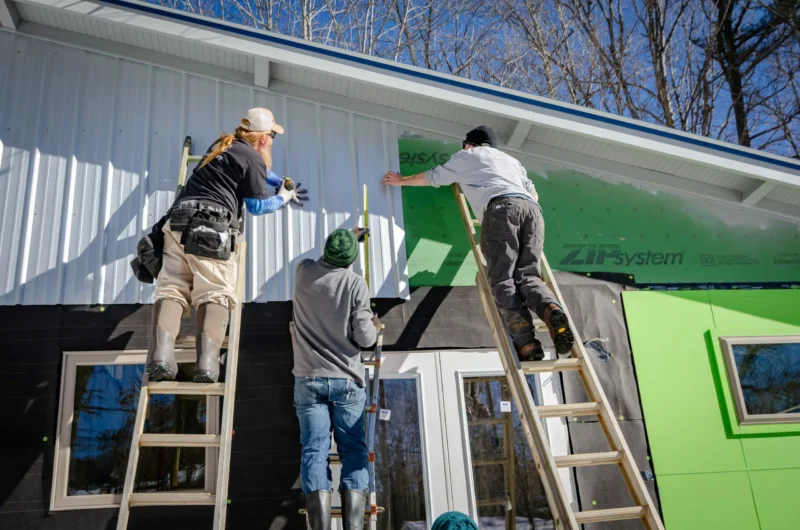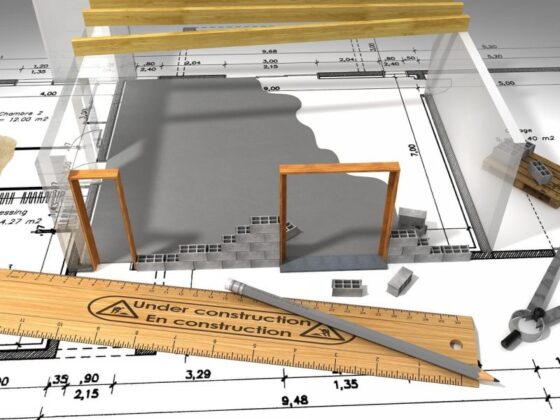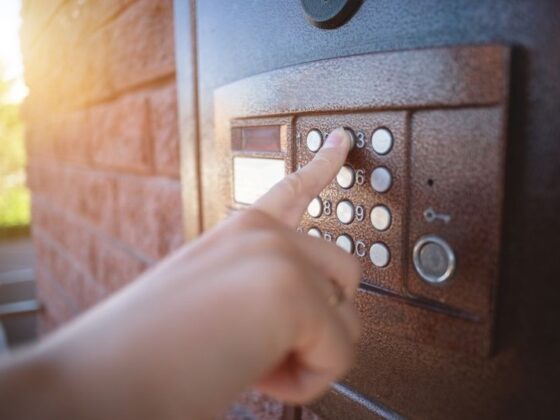Renovating a house can be an exciting and daunting task, particularly if you’re new to it. Things are complicated even further if you are trying to renovate the space to be more energy efficient. It can be a financially and environmentally rewarding decision as energy-efficient renovations can help you reduce your energy bills, increase the comfort of your living space and reduce your carbon footprint. It will also make your home more sellable, as any home with a high EPC rating of A-C will be worth more to buyers.
To give you a good head start. Here are a few top tips for a renovation that strives to be as energy efficient as possible.
Start by assessing your home’s existing energy usage
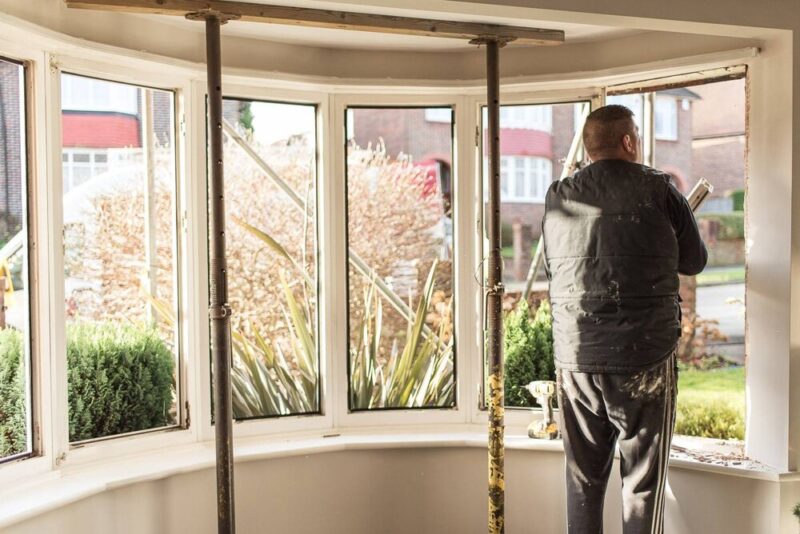
Before you start any renovations, it’s important to assess your home’s current energy usage. Because how can you know how much good you’re doing if you don’t have a baseline to start from? Engaging a professional to conduct this audit can uncover hidden inefficiencies you might not be aware of. A thorough energy audit will identify the areas where your home is losing energy and provide recommendations for improvements.
Focus on insulation
Insulation is one of the most important elements of an energy-efficient home. Proper insulation helps keep your home warm in the winter and cool in the summer, reducing the need for heating and air conditioning and saving you money and energy.
Moreover, modern insulation materials are more effective and environmentally friendly, making this upgrade both a smart and sustainable choice. If you can afford it, insulate the walls, roof, floors, and loft to prevent heat loss though if you can only afford one, we’d suggest insulating your roof because heat rises.
Upgrade your windows and doors
Old windows and doors can be a significant source of energy loss and can be relatively affordable to upgrade. Investing in newer, more advanced materials and technologies can turn these potential weak points into key components of your home’s energy optimization. More energy-efficient windows and doors can help reduce heat loss, improve the comfort of your living space, and reduce noise pollution. Double glazing should be the absolute minimum but triple glazing is an option.
Consider solar panels
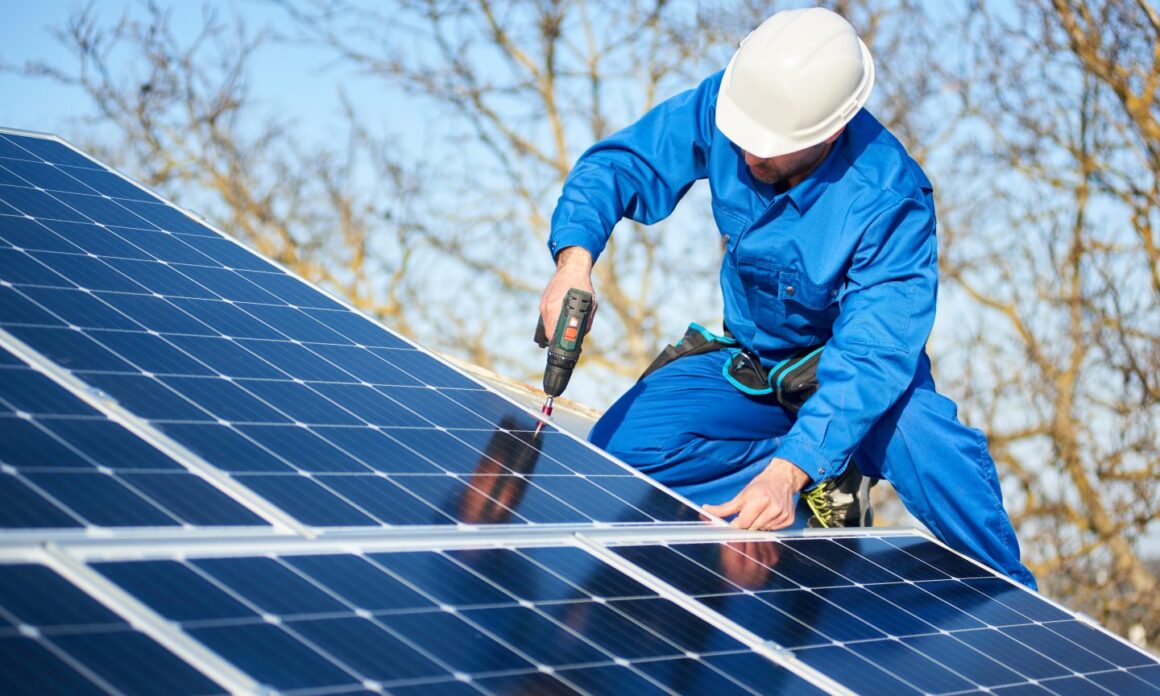
Solar panels provide clean, renewable energy and while the upfront cost can be high, they can significantly reduce your energy bills in the long run. With the advancements in solar technology, panels are not only becoming more efficient but also more aesthetically pleasing, easily integrating with your home’s exterior.
Do your research and shop around to find the best solar panel retailers in your area weigh out the solar disadvantages and advantages and see if there are any government grants that can help soften the initial financial blow somewhat.
Choose energy-efficient appliances
When it comes to appliances, focus on energy-efficient options. In the US, the Energy Star label indicates that they meet energy efficiency guidelines set by the Environmental Protection Agency. Look for this label as a guide to choosing appliances that lower your environmental impact and reduce the cost of running your home. In the UK, meanwhile, there is no standardized system so you’ll have to do your own research, added Focus 360 Energy, a leading SAP calculations UK company.
Optimize your heating and cooling systems
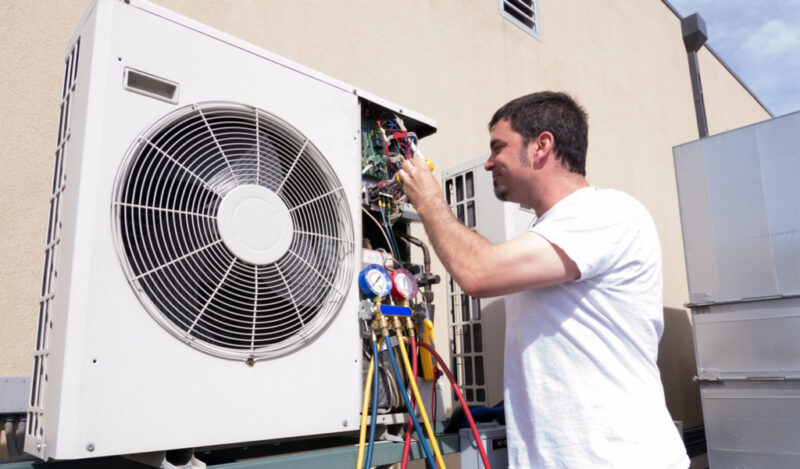
Heating and cooling systems account for a significant portion of your energy bills. Consider upgrading to a high-efficiency boiler and ensure that your ductwork is properly sealed to prevent heat loss. You could even invest in a heat pump if you want to go the extra mile.
To ensure your system is set up for maximum efficiency, it might be wise to look into professional central heating installation services. These experts can make sure everything is properly installed and running smoothly, offering another way to cut down on energy costs and keep your home cozy.
Consider using smart technology
Smart thermostats and lighting can help you control your energy usage and reduce waste. These technologies can be programmed to turn off lights and adjust the temperature when you’re not home, saving you money and reducing your carbon footprint.
Additionally, expanding your use of smart devices opens up opportunities for more comprehensive home automation. This not only enhances convenience and comfort but also aligns your home with the latest in energy-saving innovations.
Final thoughts
Opting for energy-efficient renovations is an advantageous move. These updates not only lead to cost savings but also positively impact the environment.
By adopting these strategies, you position your home as a model of energy efficiency. Enhanced comfort and dedication to eco-friendliness can make your home an example of how sustainable living practices can be seamlessly integrated into daily life.
